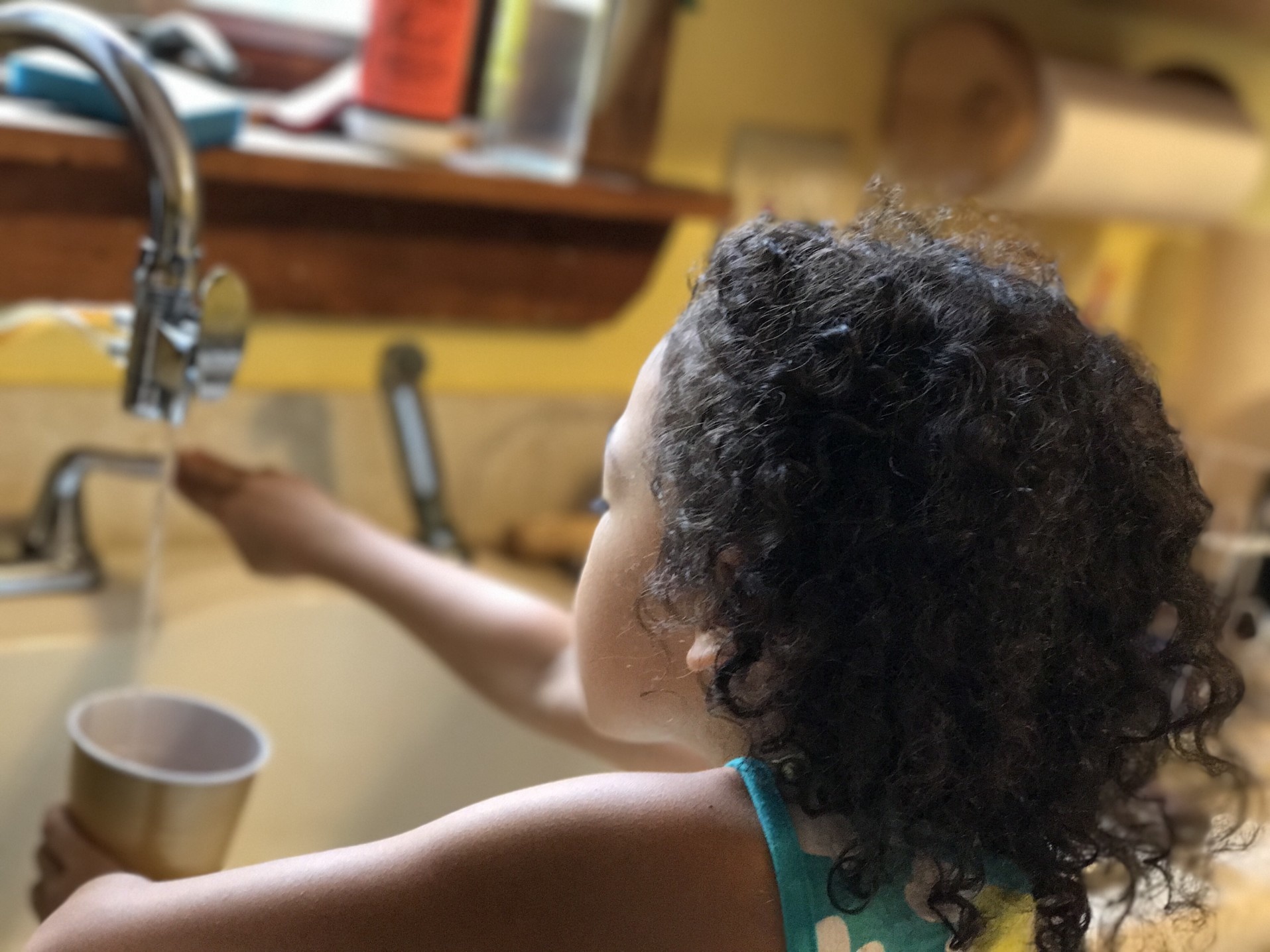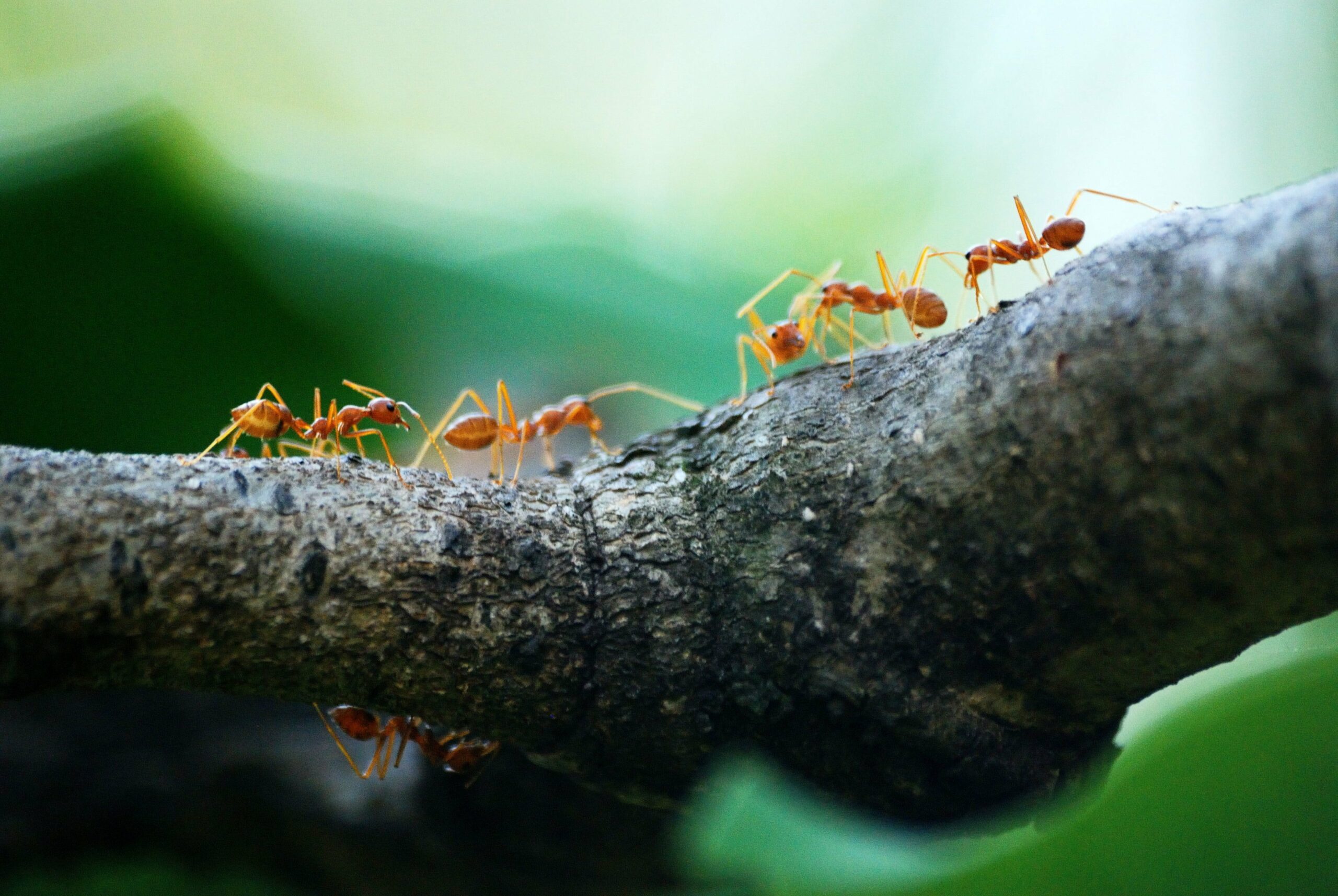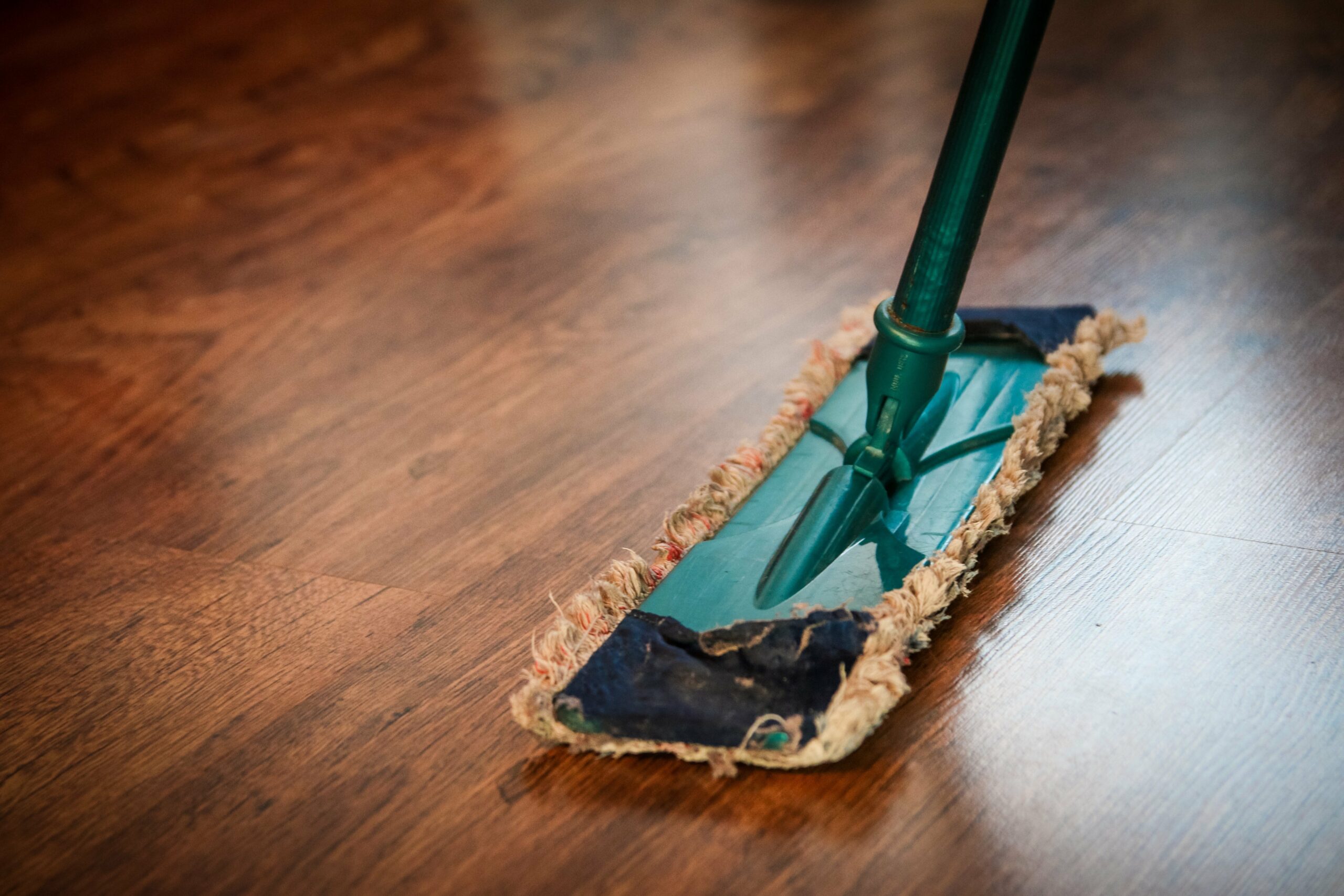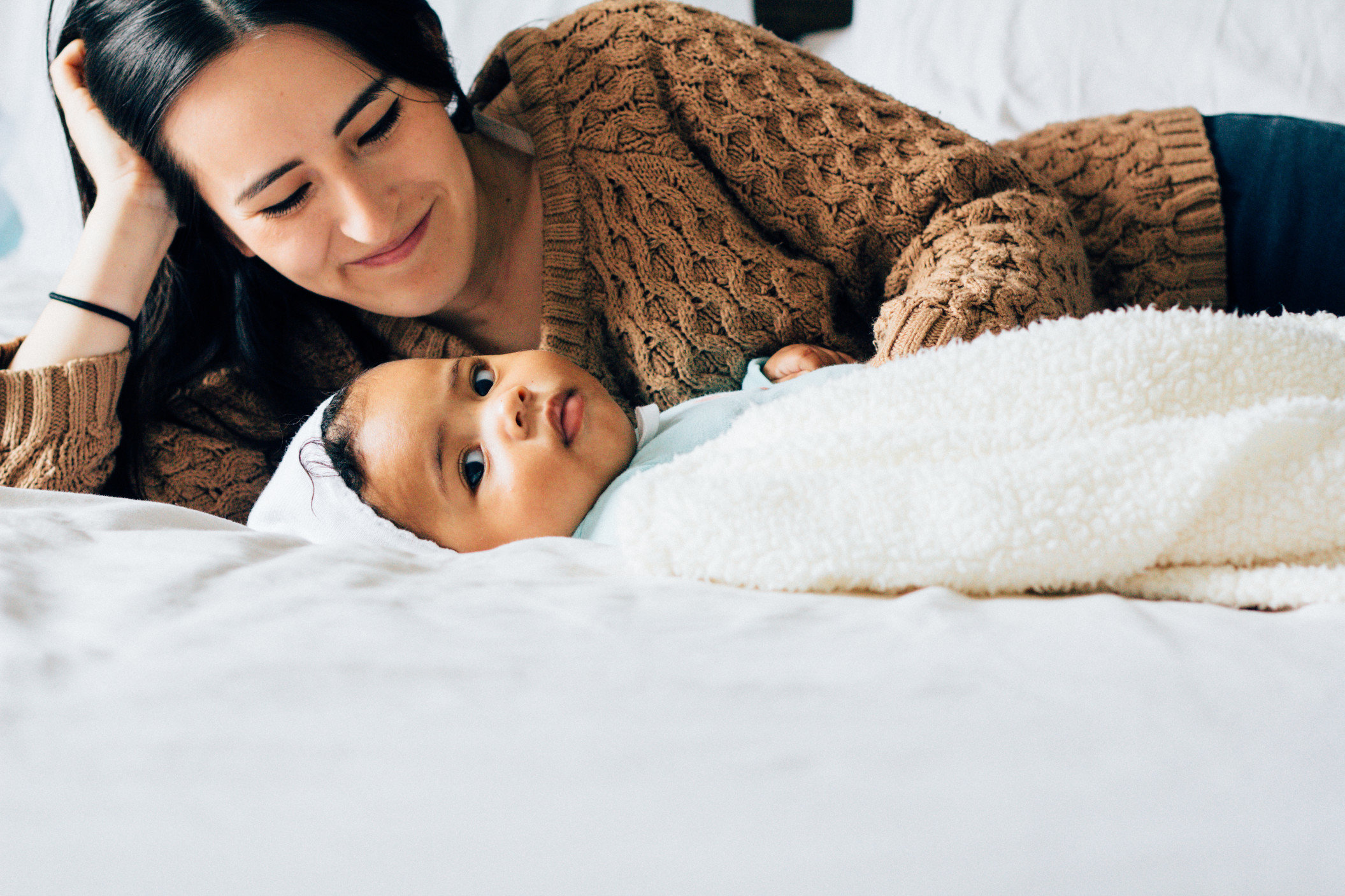Tips for Talking to Your Daycare About Simple Safety Swaps
Easy, no or low-cost tips that can protect your kid and their caregiver
We know you love your kids and want to spend as much time with them as you can, but someone’s gotta work. And while you are off at work, most likely your kid is at daycare. They are having fun, making friends, and creating some adorably amazing abstract art. While you take every precaution at home to make sure your kids are safe and free from yucky chemicals, do you know if your daycare provider is doing the same? Surely it is clean and the staff is treating your kid with respect, but not all daycare providers know about some simple swaps and practices that can protect your kids IQ and future health.
Our friends over at Children’s Environmental Health Network (CEHN) have this handy list of small changes childcare centers can make that have a big impact on the future health and development of the kids they work with. Using their list, and with some tips from the EPA, we have some suggestions for talking to your daycare.

1) Ask about Lead
Ask your daycare if they have checked for lead. With all the information about lead, they probably know it’s dangerous already, but by asking them kindly and from a place of curiosity, it’s a friendly reminder that they should know about the status of lead in the facility. Easy ways daycares can limit lead exposure are to use only cold water to prepare formula, wash fruits and veggies for snacks, and for drinking. They should also get their water tested if there is any doubt. In terms of paint, look for peeling paint around the facility and if you notice any, kindly point it out. Finally, if your daycare is not a no-shoes facility, offer to buy or bring in a rough mat to go by the door for everyone to wipe their feet on, as lead particles in soil can be often tracked in on the bottom of shoes

2) Ask about Pesticides
You can politely ask the daycare center if they use pesticides in or around the facility. They may be using them to control insects inside or to keep weeds from growing outside. Either way, pesticides probably are not the best way to keep these pests under control around little kids. They aren’t really good for anybody, but because children are developing so quickly, they are more at risk for having developmental disorders, behavioral effects, and later in life reproductive issues. You can pass along resources on Integrated Pest Management, which is a way to control pests that relies on making it hard for pests to enter, removing their food and water sources, getting rid of their hiding places, and then when all else has failed, using the least toxic pesticide. You can offer to bring in sealed containers for storing food and extra bins for organizing clutter, or you can work with the facility to organize a garden clean up day with the families to pull the weeds.

3) Talk about Cleaning Supplies
Talk to the daycare about what they need in terms of cleaning supplies. Framing the conversation as a way you can help them clean up, as opposed to accusing them of using dangerous cleaning supplies, makes it much easier to open a dialogue about swapping out the cleaning products. You can also make an argument for it being healthier for the people who work at the daycare and are using these cleaning supplies. Did you know that for women who use cleaning products regularly, scientists have shown that it is as damaging as smoking 20 cigarettes a day? How crazy is that?! You don’t want for the people who are hanging out with your kids every day, and surely they don’t want that either. While daycares will have to disinfect the surfaces more often than you would at home (because they have like 20 times the amount of germy hands touching everything), they don’t have to do it with bleach. There is a great set of recommendations for green cleaning, sanitizing, and disinfecting in this EPA document. You can also let your daycare provider know to look for institutional cleaners that carry GreenSeal and ECOLOGO or if they are an in-home provider, they can refer to our cleaning product recommendations.

Other ways you can help:
- Offer to bring in supplies that meet the requirements suggested by CEHN. Daycare centers can always use safe art supplies, approved cleaning supplies, and plastic free toys. Other things that will help them transition include a rough door mat for the entrance, water filters that remove lead, and even solid wood furniture.
- Remind other parents to turn their cars off if you notice them waiting in the parking lot, or ask them not to smoke if you see someone smoking near the facility. Showing you support these rules and that they are important to you will help your daycare stay a safe place.
- Organize a fundraiser. This can help the daycare pay for upkeep of things like painting the playground equipment, getting the carpets cleaned, and promoting pesticide free weed and pest control. A fundraiser is also a great way for the daycare to raise the funds to join CEHN’s Eco-healthy Child Care network and to announce to all of the parents that this is a program important to them for protecting their workers and your kids.
